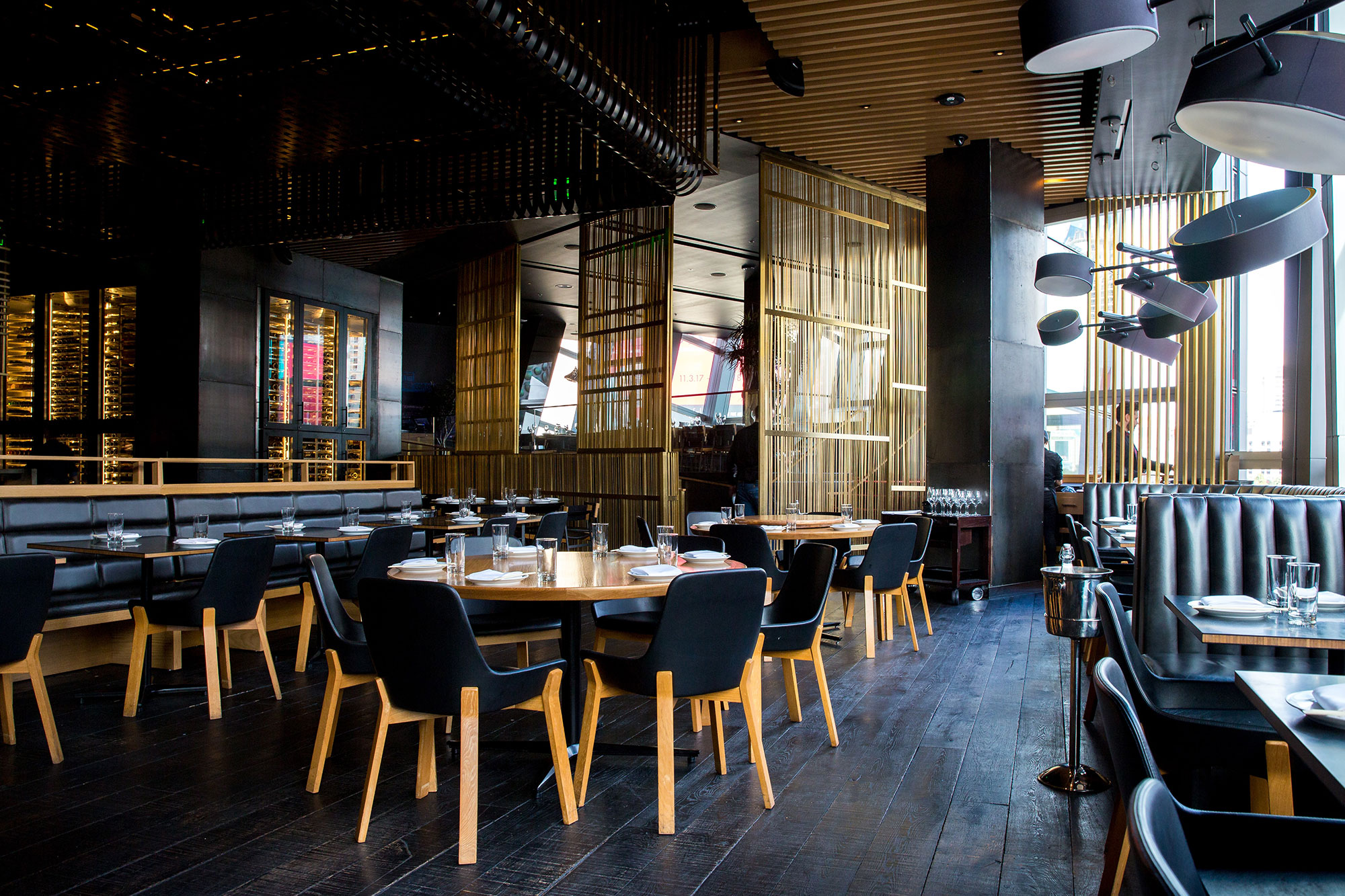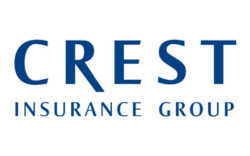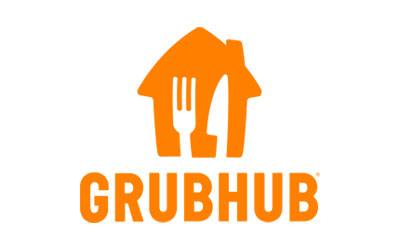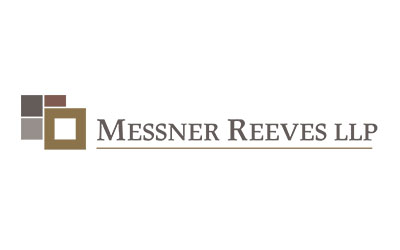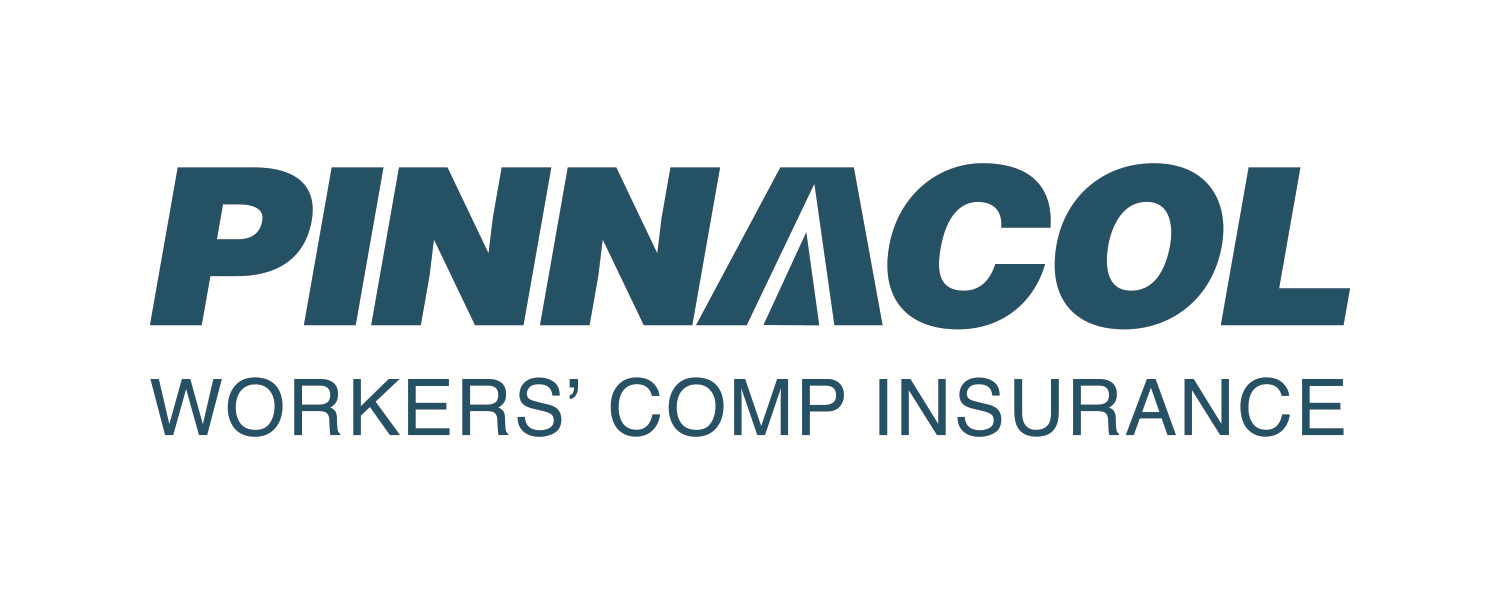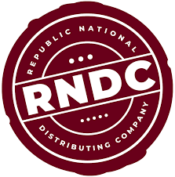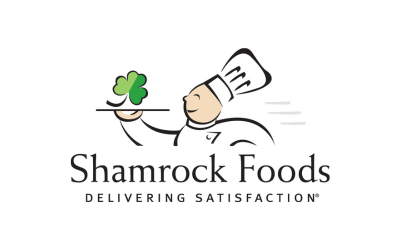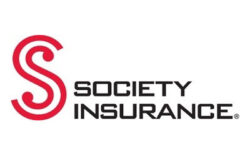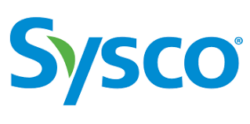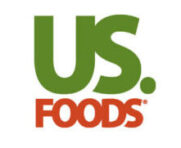The following article was written by our partners at Society Insurance.
Did you know bars and restaurants use between five and seven times the energy of other commercial buildings? Those energy bills are expensive, but they keep the lights on. Downtime due to power outages can present your restaurant or bar with a series of challenges, each of which can be costly. Losing power is a challenge for any business, but you can reduce the severity by being prepared. Taking the right precautionary steps can prevent thousands of dollars in losses, so it pays to take the time and get your restaurant and staff ready.
Regularly Test Your Walk-Ins
When you lose power, your refrigerators and walk-in coolers are critical tools for preventing losses. If your coolers don’t seal tightly and warm air gets in, your food could spoil, leading to thousands of dollars in waste.
Consider Buying a Backup Generator
While a backup generator won’t be able to power your entire operation, if it can power your refrigerators and walk-ins during the downtime, it could save you money during an emergency.
Keep Physical Copies of Essential Documents
During an emergency, you may need access to essential documents. Having physical copies available will be a lifesaver if you lose power, as your computers and POS systems will be down.
Follow Food-Labeling Best Practices
Even if your walk-ins and refrigerators keep your inventory sufficiently cool during the power outage, you may still have to discard foods that would have expired at any rate. Without a food labeling system in place, you may not be able to easily determine which foods those would be.
Prepare and Train Your Staff
Whether you walk each employee through your power outage plan during their training or regularly touch base with your whole staff, it’s essential that everyone is on the same page during an outage.
What to Do After Power Goes Out in Your Bar or Restaurant
After your establishment loses power, it’s easy to panic. There are what seems like a million things that need to be done right away, and it can get overwhelming quickly. To manage those moments effectively, focus on prioritizing your business’ different needs, beginning with the safety of your staff and guests.
Staff and Guest Safety During a Power Outage
An injury to your staff or guests could easily be more costly than any other impacts of the power outage. Therefore, it’s essential to take immediate action to reduce the potential for harm.
- Turn off kitchen equipment: If any burners, ovens or gas-powered equipment are still in use, turn them off immediately. Without proper ventilation, your kitchen and restaurant could quickly be filled with dangerous smoke and fumes. Open doors or windows if necessary for ventilation.
- Communicate with your staff and guests: Especially if your restaurant goes dark, your guests will likely be confused and potentially worried or scared. Make sure not to cause any undue concern as you inform your guests about the outage.
Additionally, communicate with your staff. Delegate tasks to your employees, and have them help guests as they exit the restaurant.
Communication and Documentation
Once you have ensured the safety of your staff and guests, it’s time to focus on documenting the situation and continuing the necessary communications. It may be useful to delegate some of these tasks to your team as you communicate with guests.
- Document when the power went out: When the power comes back on, it’s essential to know exactly how long it was out. This way, you can easily assess whether foods are still safe to consume, or whether they need to be discarded.
- Contact your utility provider for information: If the outage is localized and only affecting your business or a small area, contacting your utility provider may help get power restored promptly.
- Communicate with guests who have reservations later in the evening: After you’ve received an update from your utility provider, you’ll want to contact any guests who had reservations, and share information on social media channels to keep potential guests up to date.
Food Safety and Preservation
Food product losses can be costly, but depending on the duration of the outage and your level of preparedness, they can be significantly mitigated.
- Avoid entering your walk-in coolers and freezers: Each time you enter your coolers or freezers, warm air will infiltrate them, putting your food products at risk of spoilage.
- Dispose of food that’s partially cooked: Foods that were not completely cooked cannot be finished later because of the increased risk of bacterial growth.
What to Do When the Power Comes Back On
After the outage, there’s more work to do before you’re in the clear and ready to resume operations.
Assess Food Safety
Discard any foods that have spoiled or are at risk of having spoiled. When in doubt, throw it out.
Test Your Equipment
If the outage was prolonged over several days, there’s the potential that your systems have been damaged due to the downtime. Ensure critical equipment like your heating and cooling systems, hot water heaters and walk-in freezers are all working before your bar or restaurant resumes normal operations.
Contact Local Authorities
Finally, if you were forced to close due to local regulations regarding power outages in restaurants, make sure you have approval to reopen before doing so.
Communicate with Your Customers
Don’t forget to provide updates on your social media accounts to let your followers know when you’re open and ready to serve.
Losing power in your bar or restaurant can be devastating. It puts your business’ finances at risk, not to mention its impact on the livelihoods of you and your staff. Fortunately, by taking the right precautions, you can mitigate the impact that a power outage has on your business and customers. One of the best ways to protect your business during a power outage is with service interruption insurance. To learn more about protecting your business income, contact your local Society Insurance agent today.
This article is not a template. It is meant to be a guide as to the questions and issues that should be addressed when drafting a policy. The links provided are a convenience and for informational purposes only; they do not constitute legal advice or an endorsement or approval by Society Insurance of any of the statements, or opinions, or content of the organization. Society Insurance bears no responsibility for the accuracy or content of linked or cited material. This article is not intended to give legal opinions or provide any kind of legal counsel. For a legal opinion, please seek legal counsel from a qualified attorney.
